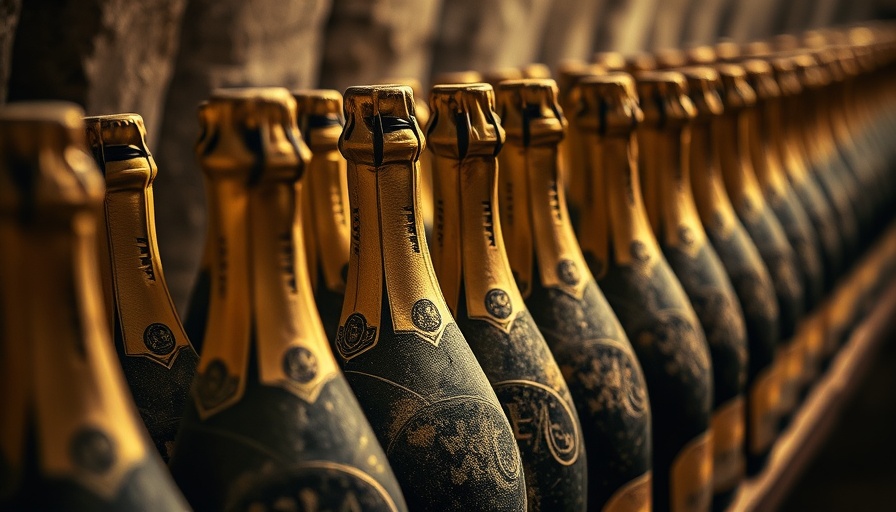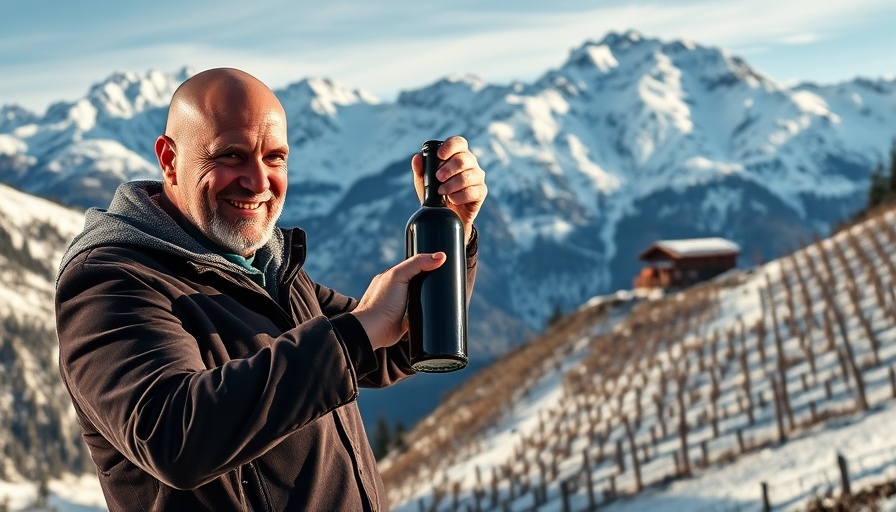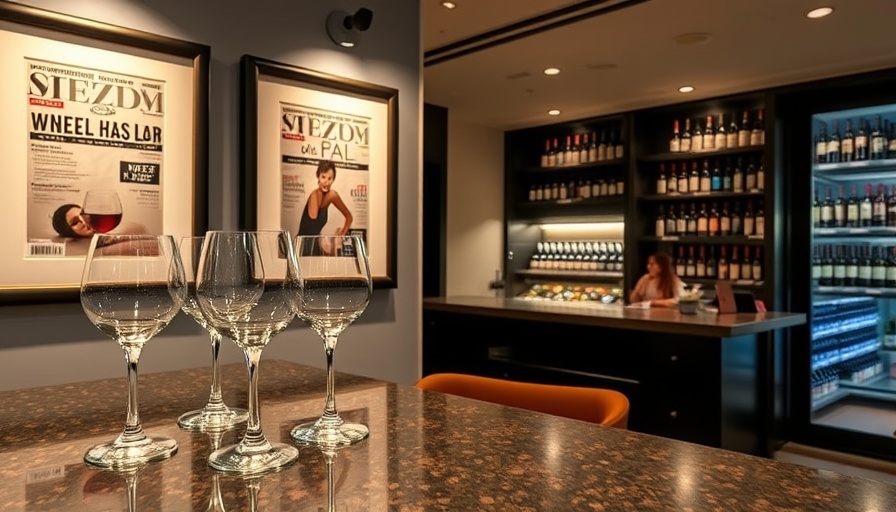
Champagne Counterfeit Scandal: The Legalities Behind the Bottle
In an astonishing turn of events, Didier Chopin, a 56-year-old winemaker, faces charges for allegedly selling counterfeit Champagne—an act that calls into question the integrity of a globally revered beverage. Between 2022 and 2023, Chopin is accused of marketing upwards of 800,000 to 1.8 million bottles of what he described as Champagne, but which were in fact still wines from Ardèche and Spain, injected with carbon dioxide to mimic the effervescence of true sparkling wines. The trial, held in Reims, is a stark reminder of the importance of authenticity in an industry valued at a staggering $8.1 billion worldwide.
Why Authenticity Matters: The Price of Counterfeiting
Champagne stands out in the wine market not only for its unique flavor but for its stringent classification as an Appellation d'Origine Contrôlée (AOC). This label guarantees quality and origin, which is why counterfeit operations, like Chopin's, undermine both producers’ livelihoods and consumers' trust. Just as wine aficionados search for the best wine bar near me to enjoy an authentic experience, the integrity of the products served is paramount. Each authentic bottle reflects years of traditional craftsmanship, making the act of counterfeiting not just illegal, but also a betrayal of a cultural heritage.
Economic Pressures and Ethical Dilemmas in Winemaking
Chopin’s defense painted a complex picture of a small supplier battered by external pressures from large retailers like Leclerc, which dominate the market. He claimed that the push for cheaper Champagne forced him down a path of deceit. This raises an important question: are corporate practices in the distribution and pricing of wine challenging the ethics of production? It's not just a question for law, but for consumers seeking a quality experience at their favorite upscale wine bar. The reality check arises when every sip of misrepresented wine risks diluting the public’s appreciation for true craftsmanship.
A Call for Consumer Vigilance
As the trial progresses, wine consumers and suppliers alike must remain vigilant. Sipping on a beautiful glass of Champagne should come with assurances of authenticity. The scandal illuminates the broader risks associated with counterfeiting in the wine industry and underlines the necessity for regulatory vigilance and consumer education. Before heading to that wine bar with an extensive wine list, consider asking questions about origins and certifications—after all, what’s in your glass should reflect quality and truth.
 Add Row
Add Row  Add
Add 




Write A Comment